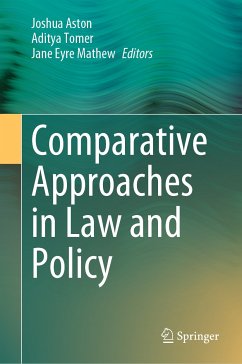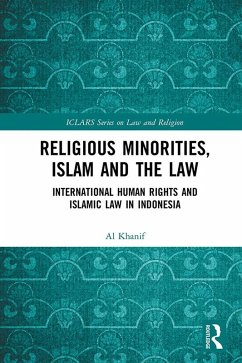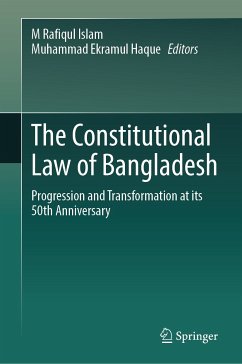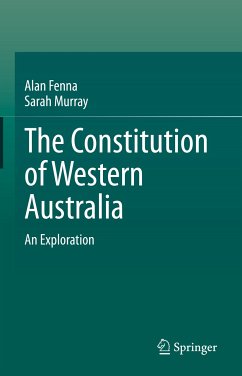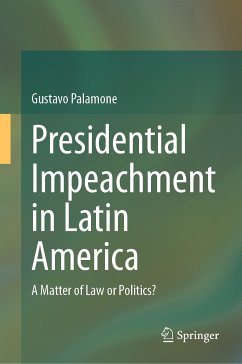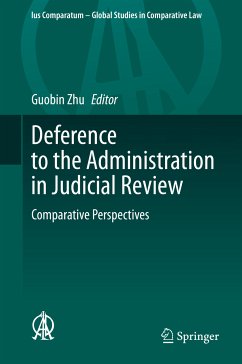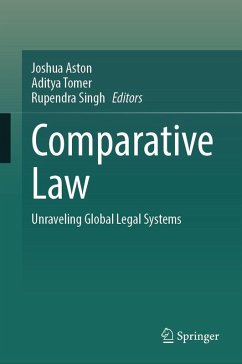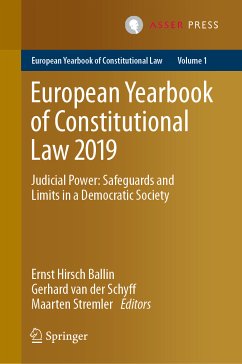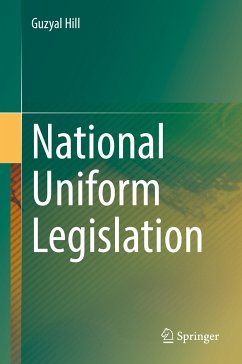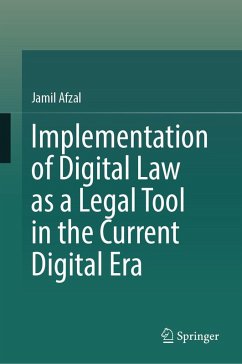
Rethinking Judicial Power in Papua New Guinea (eBook, PDF)
A Mandate for Activism in a Transformative Constitution
Versandkostenfrei!
Sofort per Download lieferbar
104,95 €
inkl. MwSt.
Weitere Ausgaben:

PAYBACK Punkte
52 °P sammeln!
This book examines the role and nature of the judiciary in Papua New Guinea (PNG), the first comprehensive study since the country's independence in 1975. It challenges the traditional view of the judiciary as solely a legal entity, arguing for its broader social and political functions. Critiquing assumptions inherited from British and Australian colonial thinking, it discusses how decolonisation has redefined judicial power, enabling courts to have a more transformative role. Introducing transformative constitutionalism into Australian-Pacific legal thinking, the book argues that PNG has a t...
This book examines the role and nature of the judiciary in Papua New Guinea (PNG), the first comprehensive study since the country's independence in 1975. It challenges the traditional view of the judiciary as solely a legal entity, arguing for its broader social and political functions. Critiquing assumptions inherited from British and Australian colonial thinking, it discusses how decolonisation has redefined judicial power, enabling courts to have a more transformative role. Introducing transformative constitutionalism into Australian-Pacific legal thinking, the book argues that PNG has a transformative constitution defined by its intent for reform, extensive Charter of Rights, and a liberal judiciary-features not found in other Pacific constitutions. Given the region's challenges such as corruption, political instability, and climate change, the book advocates for a more proactive role for the judiciary. It proposes a re-evaluation of the classical tripartite doctrine of separation of powers, advocating for a quadripartite model in PNG where the judiciary has a broader reformative function and the independent constitutional institutions constitute a fourth arm of government. This work makes important contributions to understandings of judicial power and constitutional law as well as other fields including comparative constitutional studies, legal history and decolonial scholarship.
Dieser Download kann aus rechtlichen Gründen nur mit Rechnungsadresse in A, B, BG, CY, CZ, D, DK, EW, E, FIN, F, GR, HR, H, IRL, I, LT, L, LR, M, NL, PL, P, R, S, SLO, SK ausgeliefert werden.



